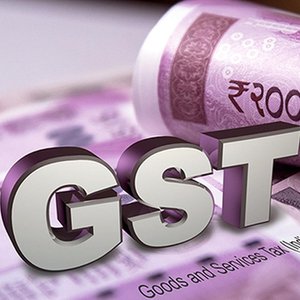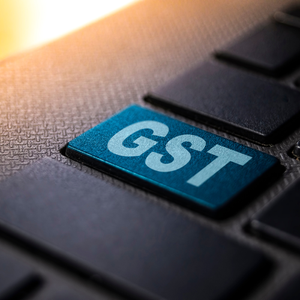Global Trade, Customs & GST

OVERVIEW
At Acuity Law, we render advisory and compliance related services across various indirect tax legislations, including Global Trade, Customs and Goods and Services Tax (‘GST’) as well as support pending litigation matters associated with the erstwhile regime.
ROLE
Our offerings include:
- Global Trade, Customs and Foreign Trade Policy related assistance
- Opinions on duty/ tax savings, optimization and deferral strategies
- Advising on potential benefits arising from Free Trade Agreements and recommendations for origin management controls
- Health checks and risk assessment on technical positions adopted, compliances undertaken and disclosures made
- On call advisory and key compliances for GST
- On-site support during enquiries, investigations and audits by tax authorities, including readiness assessment for future audits
- Litigation support on matters related to the erstwhile indirect tax regime ie prior to introduction of GST
- Recommendations and hand holding for advance rulings, representations and advocacy related initiatives
Goods and Services Tax
Goods and Services Tax (GST)was introduced in India with effect from 1 July 2017. GST is an indirect tax and has replaced a plethora of erstwhile duties, taxes, cesses and levies. The objective of GST introduction is to achieve a One Nation-One Tax regime as well as eliminate the erstwhile complex system of indirect taxation and cascading of levies. Here we discuss the fundamental structure of GST in India.
Free Trade Agreements
Free Trade Agreement (FTA) is an arrangement between two or more countries or trading blocs that agree facilitate trade and to reduce or eliminate certain barriers to trade in goods, services, and investments. Ordinarily, whenever a product is traded across international borders, the importing and exporting countries apply certain charges, which are in the nature of tariffs or duties on the products being exchanged. Such an imposition of tariff/duty invariably increases the cost of procuring the products. FTAs seek to reduce or eliminate such tariffs and thereby make available easy access to the domestic markets of partner countries. FTAs are entered into primarily, in relation to goods and services; however, extensive agreements may even provide relaxations in investor regulations and facilitate transfer of Intellectual Property.
Customs Bonded Warehousing
Organizations are increasingly using Customs Bonded Warehousing license to manufacture goods with the objective to reduce compliances and better cashflow management. To understand this concept better, please read the FAQs.




















